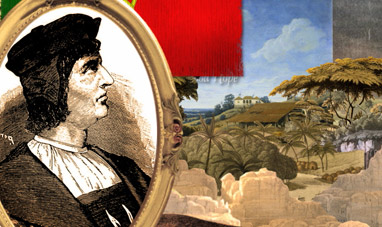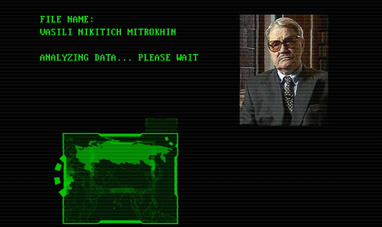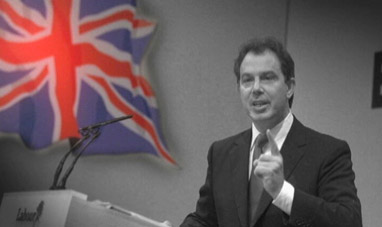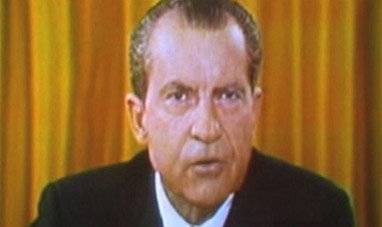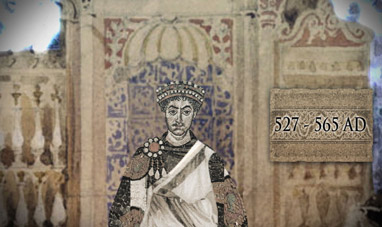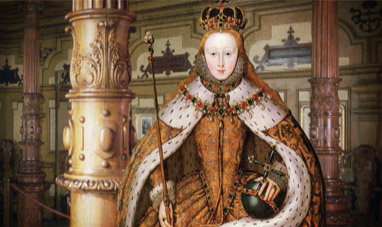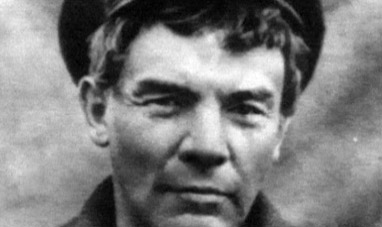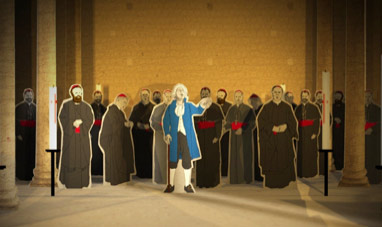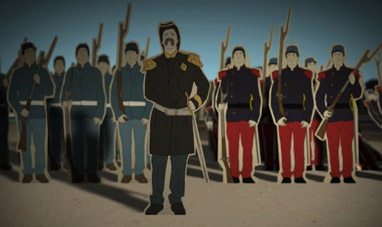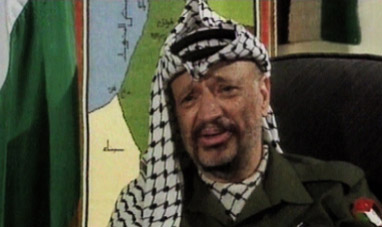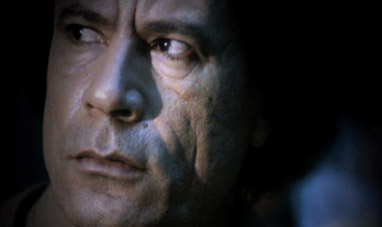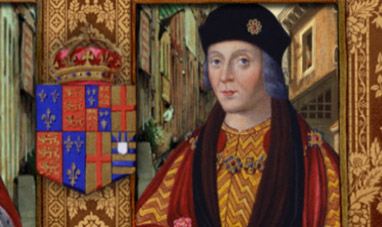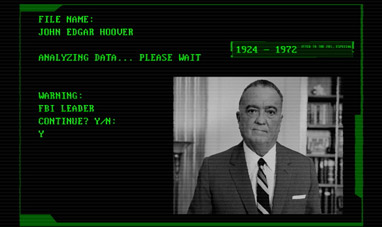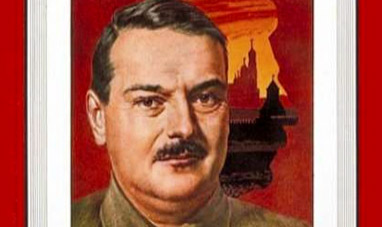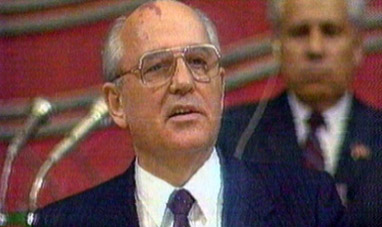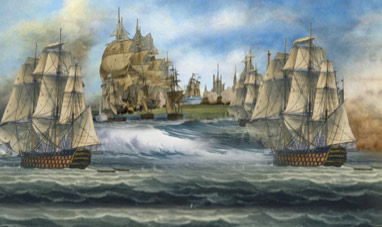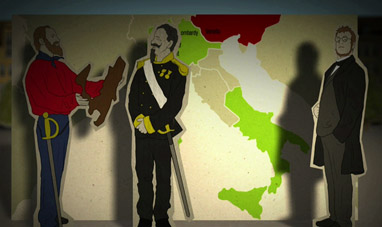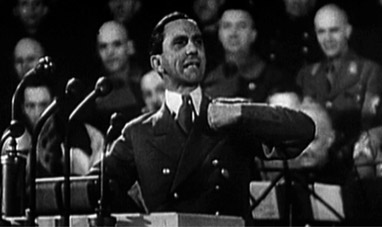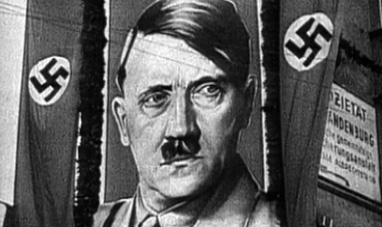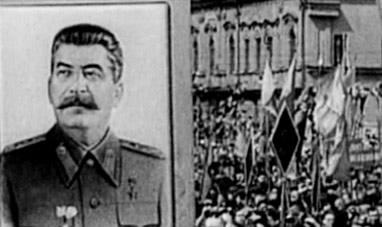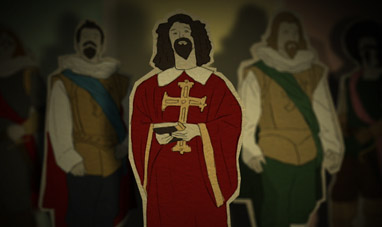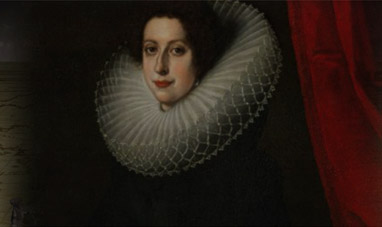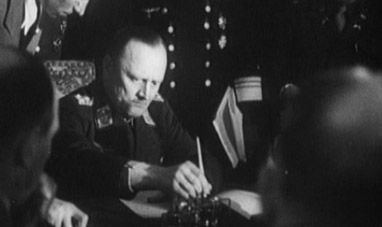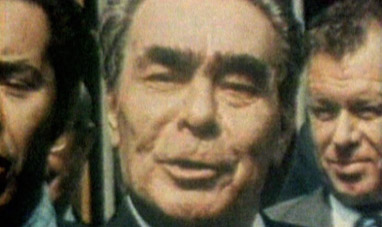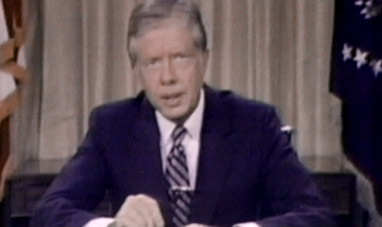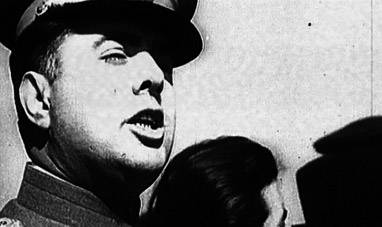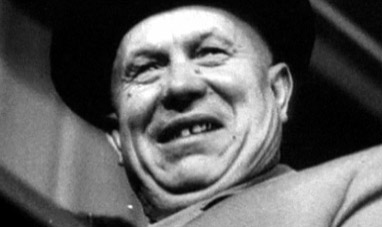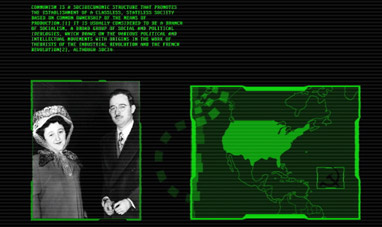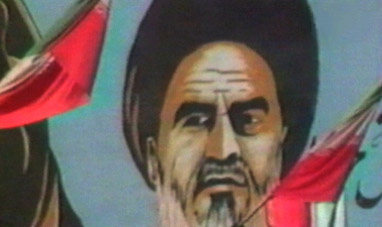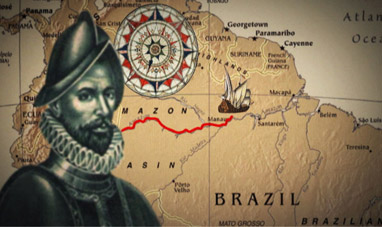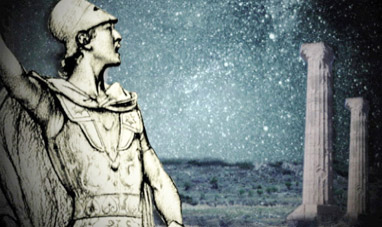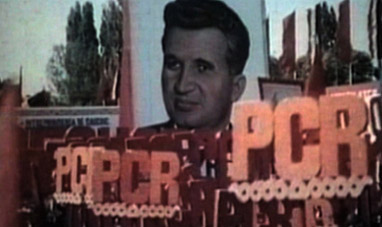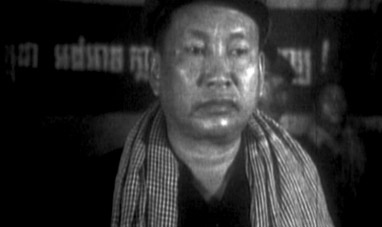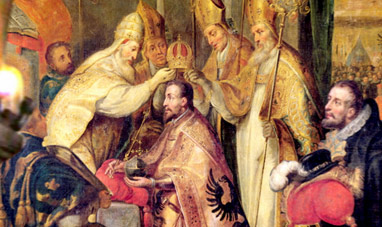Kofi Atta Annan is a Ghanaian politician and diplomat. He was the UN Secretary General from 1997 to 2006. Annan was born April 8, 1938 in Kumasi, Ghana, into a noble tribal family. He began his studies in his hometown, but later studied economics in the United States and in international relations in Geneva. At 24, Annan entered the World Health Organization, a branch of the United Nations. The UN is an institution founded in 1945 to support peace among the world’s countries. Annan worked in the UN for a twenty-year period as an administrator and diplomat. In 1990 Iraq invaded Kuwait, and was subsequently attacked and defeated by a multinational coalition led by the United States. This was the First Gulf War. Annan was sent to Iraq on a special mission, and managed to have all Western citizens repatriated before the hostilities started. At war’s end, Annan negotiated the “Oil for food” agreement, which allowed Iraq to sell oil provided that proceeds be invested in food and medicine for Iraqis.
On January 1, 1997 Kofi Annan was appointed Secretary General, the highest UN office. He soon initiated reforms to streamline the organization, and in 1998 instituted the International Penal Court for war crimes. This was an attempt to lend the UN new strength after the agency proved incapable of putting a stop to civilian deaths in Bosnia and genocide against the Tutsis at the hands of rival Hutus in Rwanda during the 1990s. In 1998, Annan managed to dissuade the US from attacking Iraq again. Over the next two years, he helped resolve important crises in East Timor, the Middle East and Africa. In 2001 Annan received the Nobel Peace Prize. At the end of the year, he was appointed to serve a second term as Secretary General. The world scenario changed after September 11, 2001. Terrorist attacks in New York City provoked a tough military reaction from the United States, which initiated military operations abroad to destroy alleged Islamic terrorist bases.
The UN accepted the war in Afghanistan as an act of self-defense, but strongly opposed the war in Iraq. Despite this opposition, the UN failed to forestall the second conflict. In both cases, Annan sent in large numbers of troops to assist the population and guarantee democratic elections. The last years of Annan’s term were marred by a corruption scandal linked to the “Oil for food” program. One of his sons was involved in the scandal. Kofi Annan left his leadership position at the UN in 2006. His two mandates were marked by an outstanding commitment to human rights and preventing AIDS, but also by substantial weakness in the face of unilateral decisions taken by the United States following September 11.
On January 1, 1997 Kofi Annan was appointed Secretary General, the highest UN office. He soon initiated reforms to streamline the organization, and in 1998 instituted the International Penal Court for war crimes. This was an attempt to lend the UN new strength after the agency proved incapable of putting a stop to civilian deaths in Bosnia and genocide against the Tutsis at the hands of rival Hutus in Rwanda during the 1990s. In 1998, Annan managed to dissuade the US from attacking Iraq again. Over the next two years, he helped resolve important crises in East Timor, the Middle East and Africa. In 2001 Annan received the Nobel Peace Prize. At the end of the year, he was appointed to serve a second term as Secretary General. The world scenario changed after September 11, 2001. Terrorist attacks in New York City provoked a tough military reaction from the United States, which initiated military operations abroad to destroy alleged Islamic terrorist bases.
The UN accepted the war in Afghanistan as an act of self-defense, but strongly opposed the war in Iraq. Despite this opposition, the UN failed to forestall the second conflict. In both cases, Annan sent in large numbers of troops to assist the population and guarantee democratic elections. The last years of Annan’s term were marred by a corruption scandal linked to the “Oil for food” program. One of his sons was involved in the scandal. Kofi Annan left his leadership position at the UN in 2006. His two mandates were marked by an outstanding commitment to human rights and preventing AIDS, but also by substantial weakness in the face of unilateral decisions taken by the United States following September 11.

